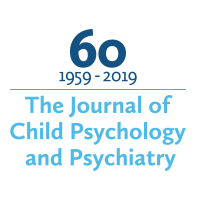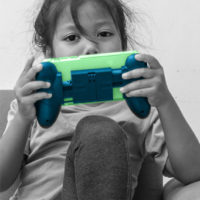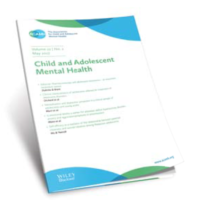Search results
-

Interview with Dr. Arnon Bentovim
Dr Arnon Bentovim, Child and Family Psychiatrist, and founder the Child and Family Practice, talks about child and family training to develop and train evidence-based approaches to assessment, analysis, and intervention.
Read more -

Young people’s lived experience of Obsessive Compulsive Disorder
How do young people really experience living with Obsessive Compulsive Disorder (OCD)? What are young people’s understanding of their development of OCD and is there a link to trauma? How do other people’s reactions to the OCD affect the young people? How do young people really feel about the help for OCD in the United Kingdom?
Read more -

Working memory deficits may compromise cognitive flexibility in OCD
Obsessive compulsive disorder (OCD) is characterised by recurrent intrusive thoughts and/or behaviours. These traits imply deficits in cognitive flexibility in affected patients, but it is unclear at what stage of information processing these deficits might emerge. To address this question, Nicole Wolff and colleagues asked 25 adolescents with OCD and 25 matched healthy controls to complete a computer-based task switching paradigm.
Read more -

Welcoming our new JCPP editors
We are excited to welcome five new members to the Journal of Child Psychology and Psychiatry (JCPP) editorial board. With their wide-ranging expertise and many years of cultivated academic prowess, they are an immensely valuable addition to the team.
Read more -

ACAMH at 60 – Time to Make Use of All That Wisdom
ACAMH is 60 years old this year, and we are celebrating. But we are not standing still. Looking forward we noticed gaps in our offering. Gaps that we now intend to fill in the quest of better bridging the translation gaps from ‘lab to bedside’.
Read more -

Responding to a Digital Generation
Considering the impact of digital media on the mental health of young people, both positive and negative, and how we can support them. Key learning points Identify the issues young people face living in today’s digital world Lived experience of the impact of digital media with children and young people Understand the benefits and challenges […]
- Event type
- Conference
- Location
- Glasgow
-

Abnormal visual fixation does not mediate deficits in emotion recognition in conduct disorder
Studies have shown that conduct disorder (CD) is associated with impaired recognition of facial emotions1, but whether the cause of this deficit is due to difficulties with attention, interpretation and/or appraisal is unclear. Now, researchers at the Universities of Southampton and Bath have addressed this question.
Read more -

Comorbid anxiety disorder has a protective effect in conduct disorder
The presence of comorbid anxiety disorders (ADs) counteracts the effects of conduct disorder (CD) on facial emotion recognition, according to new research by Roxana Short and colleagues.
Read more -

Cortical thickness can differentiate conduct disorder subtypes
A study by Graeme Fairchild and colleagues has used a neuroimaging approach to compare the structural organization (or “covariance”) of brain regions between youths with different subtypes of conduct disorder (CD) and healthy controls (HC).
Read more -

CAMH journal – why you should get involved
Dr Dennis Ougrin, Editor in Chief of the Child & Adolescent Mental Health (CAMH) journal and Dr Bernadka Dubicka, Deputy Editor in Chief, discuss the future of CAMH and why you should submit papers for consideration.
Read more